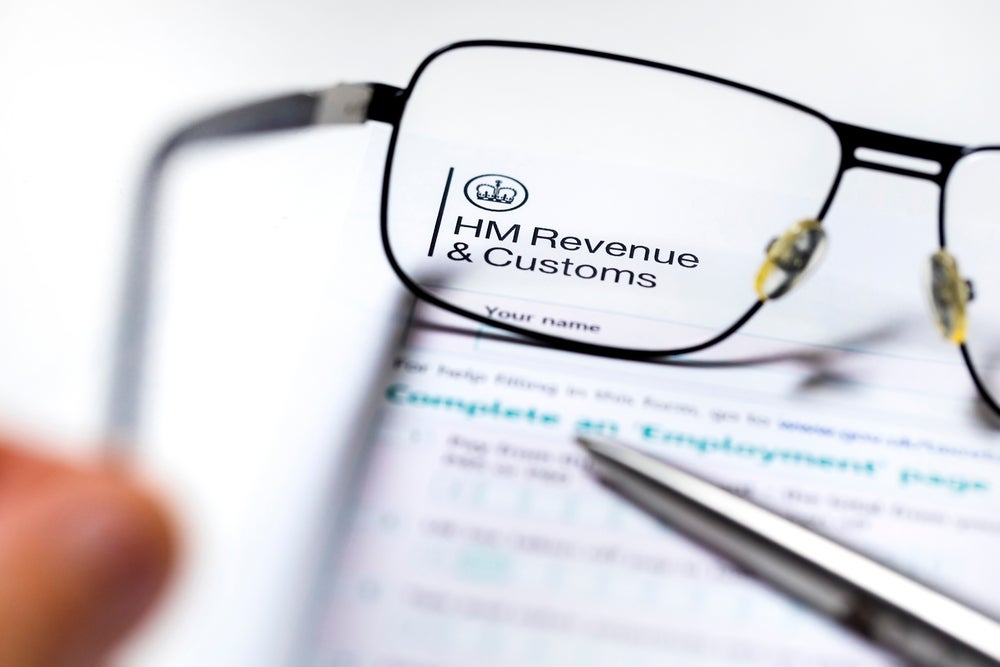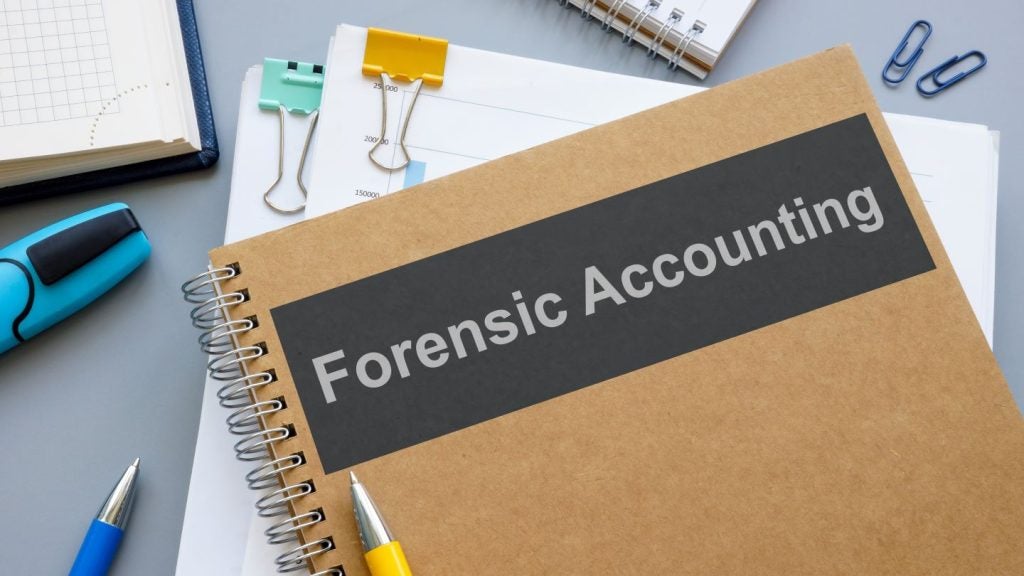
In its latest one-to-many ‘nudge’ letters, HMRC is writing to “persons with significant control” (PSCs) who have not filed a tax return or whom HMRC believe may not have declared all their income and benefits. Where this is the case, any action should be taken before 23 August 2024 to ensure the position of those individuals concerned is secure.
Here, we explore who may be impacted, the areas being looked at by HMRC’s campaign and what needs to be done.

Access deeper industry intelligence
Experience unmatched clarity with a single platform that combines unique data, AI, and human expertise.
What is a person with significant control?
Broadly, a PSC is a person who:
- directly or indirectly owns more than 25% of the shares in a company.
- directly or indirectly holds more than 25% of the voting power of a company.
- has the right to appoint or remove the majority of directors of a company; or
- can exercise significant influence over the company.
Where HMRC’s focus lies and required action
The PSC rules require a company to identify all of the people who can control it, and to report this information to Companies House. HMRC has reviewed this information and is writing to the PSC where it believes that person may need to take action in relation to their personal tax position.
There are two types of letters being issued:
- The first letter asks the PSC to check their tax return for 2022/23 and to correct any errors by 23 August 2024. The letter includes guidance on how to do this. The person is also encouraged to make sure that their tax return for 2023/24 includes all sources of income, taxable benefits or expenses, and capital gains.
- The second letter is aimed at PSCs who have not submitted a tax return. The person is asked to check if they need to register to submit a return. If a return should have been submitted for 2022/23, they should register and submit the return by 23 August 2024. However, if they fail to do this, HMRC may charge a failure to notify penalty.
While the letters do not constitute a compliance check, they explain that, if HMRC discovers an error in a submitted return, or that a return should have been submitted, a compliance check may be opened by HMRC.

US Tariffs are shifting - will you react or anticipate?
Don’t let policy changes catch you off guard. Stay proactive with real-time data and expert analysis.
By GlobalDataLeading UK accountancy firm, Azets, said in a release: “If you receive one of these letters – or indeed any other HMRC ‘nudge’ letter – we recommend that you get in touch with your advisor as soon as possible to discuss it before responding or taking action. It is important to note that a nudge letter is not a statutory enquiry into a person’s tax affairs, however doing nothing is not an option and appropriate action should be taken. If HMRC subsequently opens an enquiry and finds an error, failure to take action following receipt of a nudge letter could lead to higher penalties being charged.
“If you do find a mistake in your filings, one of our tax advisors can guide you through the disclosure process and advise, where applicable, the penalty mitigation available.”






